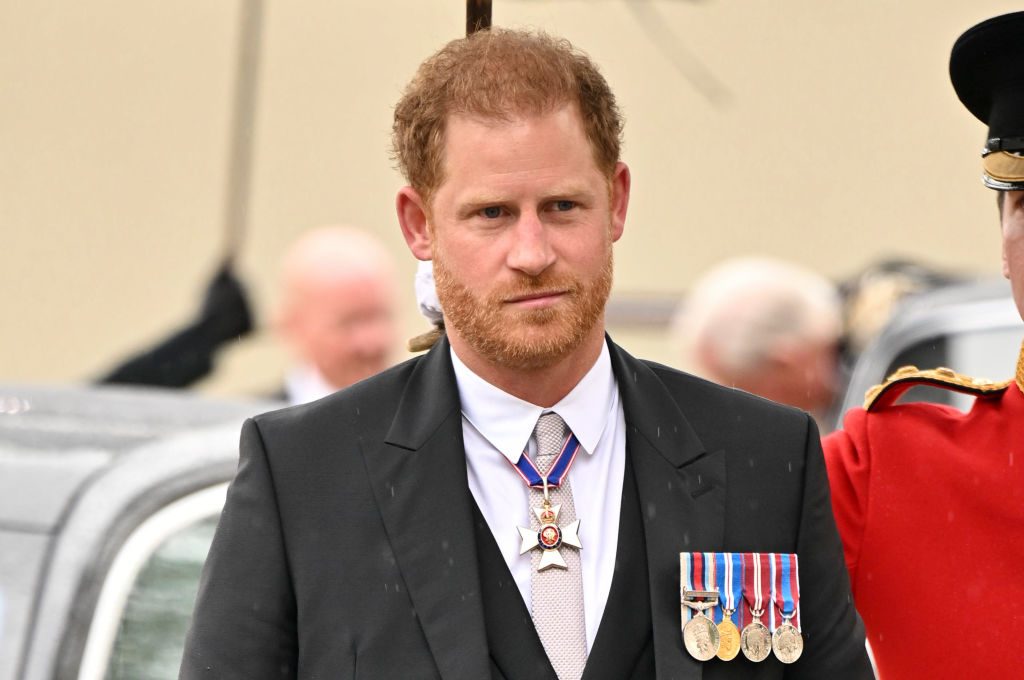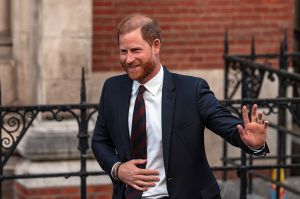Today, Prince Harry lost a court case. If the law of averages is to be believed, he has involved himself in so many that it was inevitable that at least one was not going to go his way. Still, this particular defeat is likely to be difficult for the Duke of Sussex and Meghan Markle to take, as it involves one of his most cherished concerns; that of his personal security. The High Court has ruled that the British Home Office’s decision that Harry will not be allowed to pay the police to protect him when he is in the United Kingdom is fair and legal. The Home Office had argued that it would be setting a dangerous precedent if the Duke was to be allowed to rent serving police officers, as if they were private security contractors, and a judge agreed with them.
Even as Harry’s lawyers argued, optimistically, that “payment for policing is not inconsistent with the public interest or public confidence in the Metropolitan Police Service,” they must have known that they were on the stickiest of wickets. The Met has had — rightly — a bad press over the past few years, but one area where it still retains some shreds of public confidence is in the knowledge that its staff are not simply available for private hire, like heavily-armed cab drivers. Were Harry to have been allowed to have his pick of their officers, then why should every other displaced oligarch, tech billionaire or celebrity not have the same? Today, Prince Harry and Meghan Markle: tomorrow, Beyoncé and Elon Musk.
Harry and his family are typically seen surrounded by bodyguards, probably at an annual cost of millions of pounds
The court defeat will have several consequences. It will embolden those who believe that the Duke’s litigious tendencies have gone too far and should be reined in. It will also restore some public faith in the efficacy of the Home Office, itself in a much-beleaguered state thanks to the home secretary’s well-publicized travails. It will lead Harry to rail against “British justice” with even greater fervor, and may dissuade him from visiting the country of his birth a great deal in the future; the nation will no doubt mourn his absence all the more. On a personal level, it will remind Harry, bluntly, of the consequences of shifting his life from being that of a well-protected working royal to someone subject to the same laws and difficulties as the rest of us.
If there has been one dominant theme throughout many of Prince Harry’s angry media interviews, whether it’s with Oprah Winfrey, Tom Bradby or the other television pundits who have been allowed into his presence for a few short hours, it is his obsession with security. Over and over again, he has complained about the inconveniences of being followed in the street by paparazzi. A recent incident in New York seemed to confirm this, even if its accuracy was immediately questioned.
Harry and his family are typically seen surrounded by bodyguards, probably at an annual cost of millions of pounds. While some might see this as perfectly understandable, especially given what happened to his mother, others might point out that an obsession with publicity-seeking carries its own drawbacks and perils, and that he is reaping what he has so assiduously sown.
Nobody possessed of any normal human sympathy would want to see any ill befall Harry and his family. Yet today’s High Court ruling has reminded him — and us — that the British legal system is not simply a plaything to be exploited for his advantage and convenience. A humbler, quieter man might see this as yet another suggestion to back away from the limelight, but you wouldn’t count on the Duke doing such a thing in a hurry. Or, indeed, ever.
This article was originally published on The Spectator’s UK website.

























